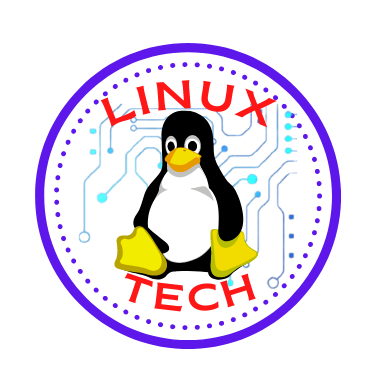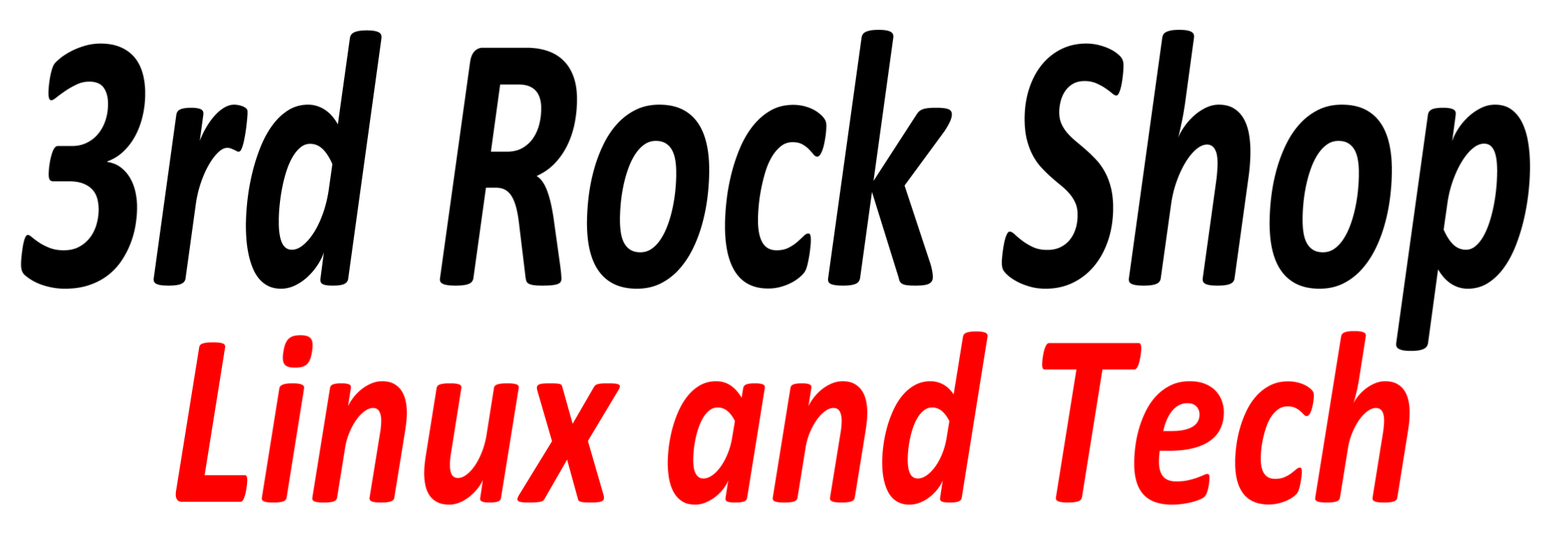The Power of Open Source and Collaborative Development
3 min readAt the heart of Linux’s success lies the power of open-source and collaborative development. Unlike traditional proprietary software, which is developed and owned by a single entity, open-source software like Linux is made available to the public with its source code freely accessible. This fundamental difference has resulted in a myriad of advantages and opportunities that have propelled Linux to become one of the most influential and widely used operating systems in the world.
Community-Driven Innovation: The open-source nature of Linux encourages a diverse and passionate community of developers to contribute their expertise. This community includes not only professional programmers but also enthusiasts, hobbyists, and even companies that recognize the value of open-source software. With a global pool of contributors, Linux benefits from a wide range of perspectives and talents, leading to faster development, quicker bug fixes, and innovative solutions.
Rapid Bug Fixes and Security Enhancements: The collective power of a large community means that bugs and vulnerabilities in Linux are swiftly identified and addressed. As soon as an issue is reported, developers from around the world collaborate to find solutions, which can then be quickly incorporated into updates and patches. This rapid response to security threats makes Linux one of the most secure operating systems available.
Customizability and Flexibility: The open-source nature of Linux allows users to customize the operating system to suit their specific needs. Whether it’s modifying the user interface, adding or removing features, or tailoring the system for specific hardware, users have the freedom to shape Linux to their requirements. This flexibility has made Linux a popular choice for a wide range of applications, from servers and supercomputers to embedded systems and smartphones.
Transparent Development Process: With open-source software, there are no hidden agendas or secret code. The entire development process is transparent, enabling anyone to examine the source code and understand how the software functions. This transparency builds trust and allows users to verify the security and integrity of the system, making Linux an attractive option for security-conscious organizations.
Global Collaboration: Linux development transcends geographical boundaries. Developers from different countries and cultures collaborate seamlessly, communicating through mailing lists, forums, and online platforms. This global collaboration fosters a sense of camaraderie and shared purpose, making the Linux community a unique and dynamic ecosystem.
Lower Cost and Accessibility: By being freely available, Linux significantly reduces the financial burden for individuals, businesses, and organizations. It eliminates licensing fees and lowers the total cost of ownership, making it an attractive alternative to proprietary software. This accessibility has democratized access to powerful technology, empowering startups, educational institutions, and even developing countries to leverage Linux for their computing needs.
Spillover Effect: The collaborative development model seen in Linux has also influenced other open-source projects and software communities. As Linux’s success story spread, the open-source philosophy gained traction, leading to a proliferation of open-source initiatives in various domains like web development, databases, artificial intelligence, and more.
The power of open-source and collaborative development has been the cornerstone of Linux’s remarkable journey from a hobby project to a global phenomenon. It has enabled Linux to thrive, innovate, and remain at the forefront of the technology landscape. The passion and dedication of its community, combined with the principles of transparency, flexibility, and accessibility, have not only shaped the success of Linux but also inspired a new era of open-source initiatives that continue to push the boundaries of what is possible in the world of software development. As we look to the future, the collaborative spirit of Linux’s development promises even greater advancements and solutions to the challenges of the digital age.

